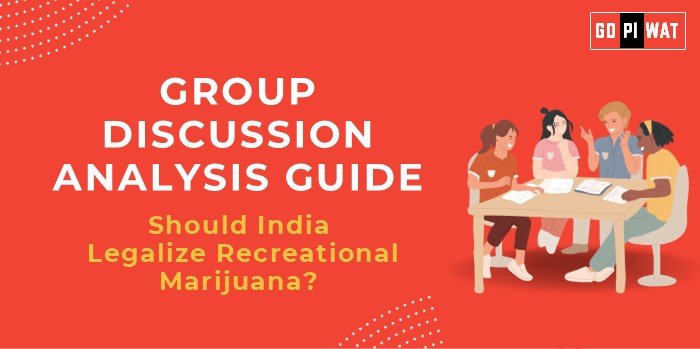🌱 Should India Legalize Recreational Marijuana?
🌍 Introduction to the Topic
The debate over legalizing recreational marijuana has intensified globally, with countries like Canada and several U.S. states adopting progressive stances. In India, this issue involves intersecting perspectives of economics, public health, and societal norms, requiring thoughtful consideration within a culturally sensitive framework.
📜 Context and Background
India’s history with cannabis spans thousands of years, as documented in ancient texts. However, the Narcotic Drugs and Psychotropic Substances (NDPS) Act of 1985 criminalized its use. Recently, discussions around legalization have resurfaced, citing economic advantages and the potential to curtail illegal trade. Despite this, concerns persist about its societal and health implications.
📊 Quick Facts and Key Statistics
- 💵 Global Legal Marijuana Market: $20 billion in 2021, suggesting immense growth potential if adopted in India.
- 🛑 Economic Burden: ₹1 trillion spent annually on illegal drug enforcement in India.
- 👩🦰 Youth Usage: 7.2% of Indian youth aged 10-17 have used cannabis, raising public health concerns.
- 🌾 Job Creation Potential: Legalization could create thousands of jobs in agriculture, retail, and allied sectors.
🤝 Stakeholders and Their Roles
- 🏛️ Government: Central in regulation, taxation, and public safety oversight.
- 🩺 Medical Community: Provides critical insights into health risks and therapeutic benefits.
- 💼 Private Sector: Potential investors in cannabis-related industries, leveraging economic opportunities.
- 👥 Youth and Civil Society: Advocates both for and against legalization, reflecting societal and cultural dynamics.
📈 Achievements and Challenges
✅ Achievements
- 💰 Tax Revenue: States could earn substantial revenue, as evidenced in Canada.
- 🏗️ Job Growth: Opportunities in farming, distribution, and retail industries.
- 🔍 Black-Market Reduction: Legalization could redirect illegal trade into regulated systems.
⚠️ Challenges
- 🧠 Public Health Risks: Increased risk of mental health disorders and addiction, especially among youth.
- 👨👩👧 Social Resistance: Strong cultural and moral opposition to drug use in parts of India.
- 📜 Regulatory Complexity: Enforcing age restrictions and distribution controls could pose significant challenges.
🌎 Global Comparisons
- 🇨🇦 Canada: Successful in generating tax revenue but faced challenges with youth usage and regulatory compliance.
- 🇺🇸 United States: State-level legalization saw varying degrees of success, underscoring the need for tailored approaches.
- 🇳🇱 Netherlands: Tolerant cannabis policies boosted tourism but led to concerns over cross-border drug trade.
🔮 Structured Arguments
- ✅ Supporting Stance: “Legalizing marijuana could boost economic growth, create jobs, and reduce the strain on law enforcement.”
- ❌ Opposing Stance: “The societal and health risks, especially among youth, outweigh the economic benefits.”
- ⚖️ Balanced Perspective: “A phased legalization approach with robust safeguards can address economic and public health concerns.”
📄 Conclusion
Legalizing recreational marijuana in India is a complex issue that offers both opportunities and challenges. While the economic benefits and potential for black-market reduction are compelling, public health and cultural values must remain central to any policy decision. By adopting a phased and regulated approach, India can explore legalization in a manner that prioritizes societal well-being.
📄 Source: Group Discussion Analysis Guide, 2024


